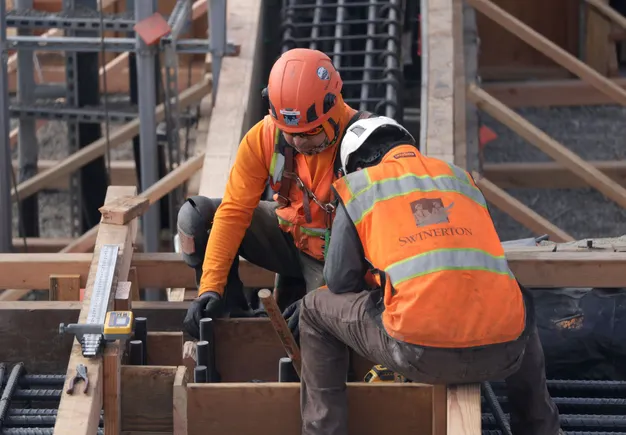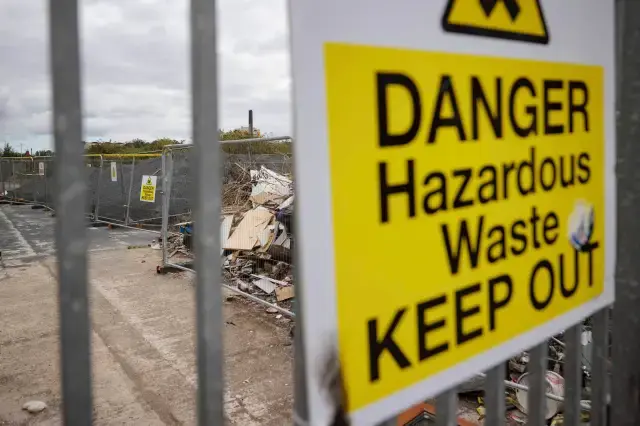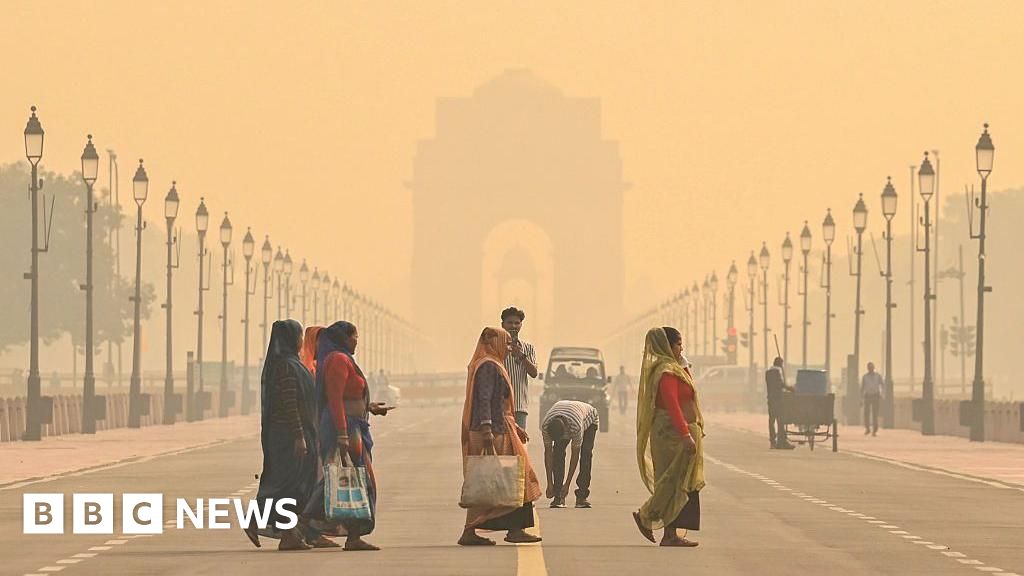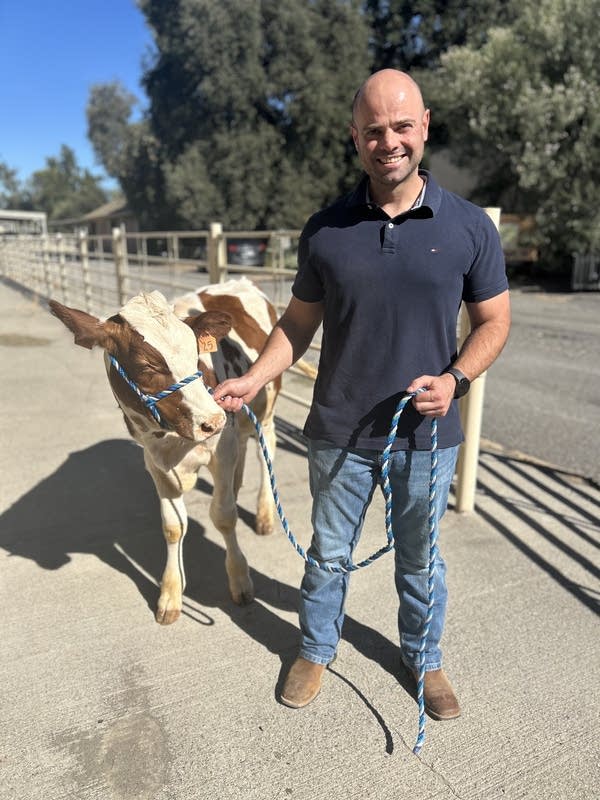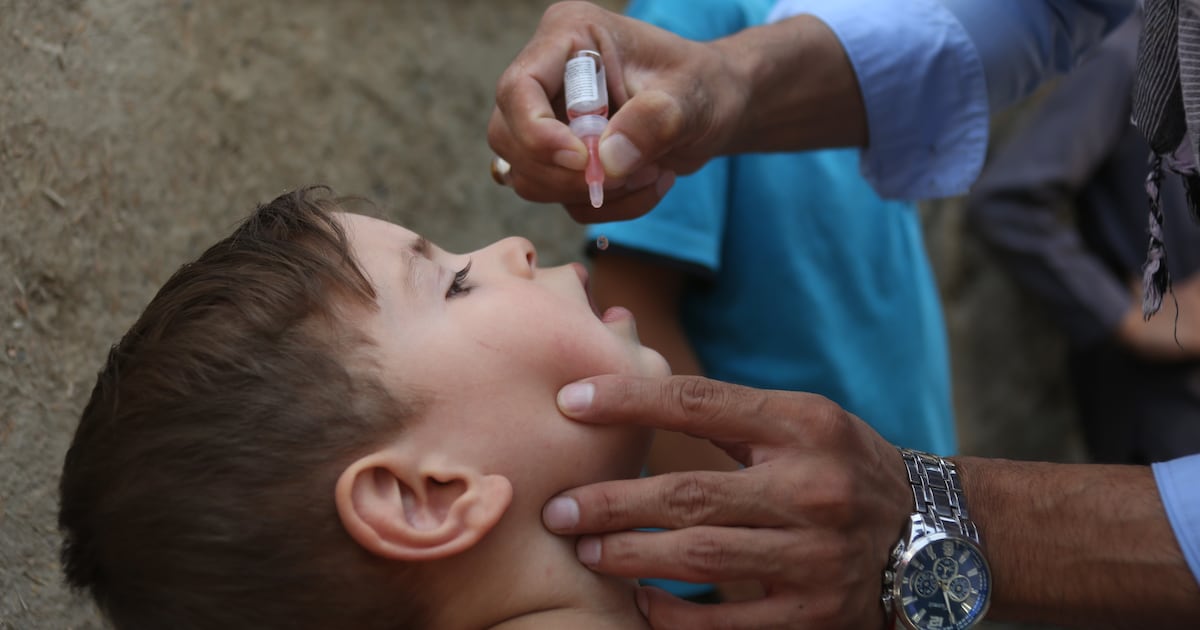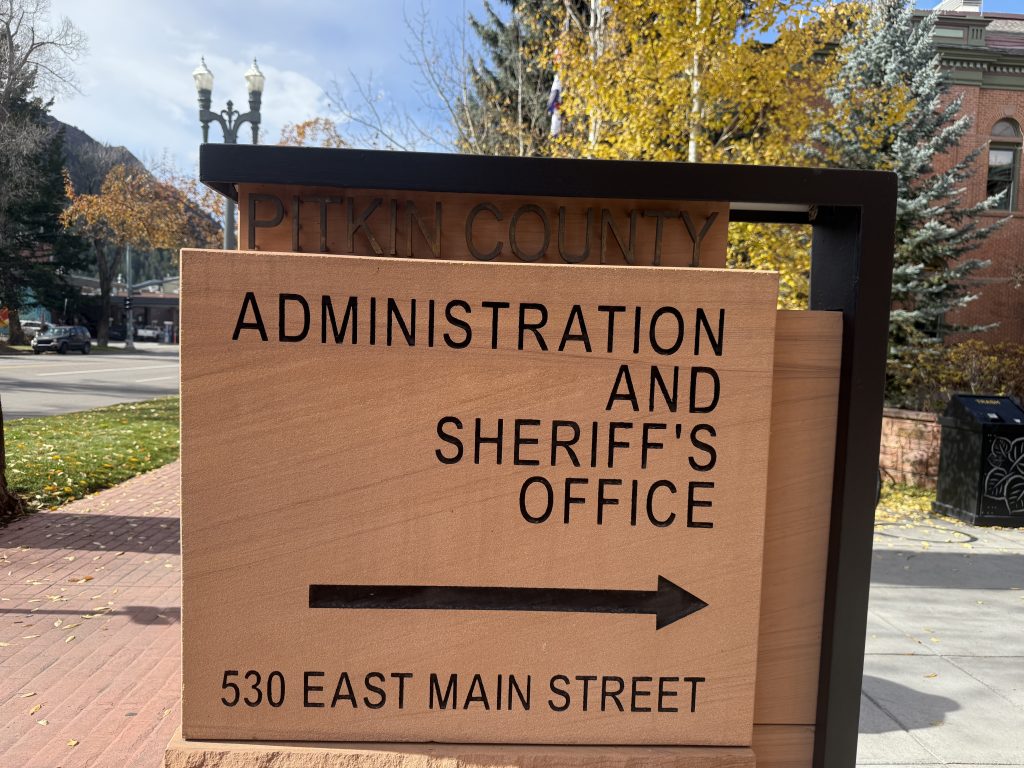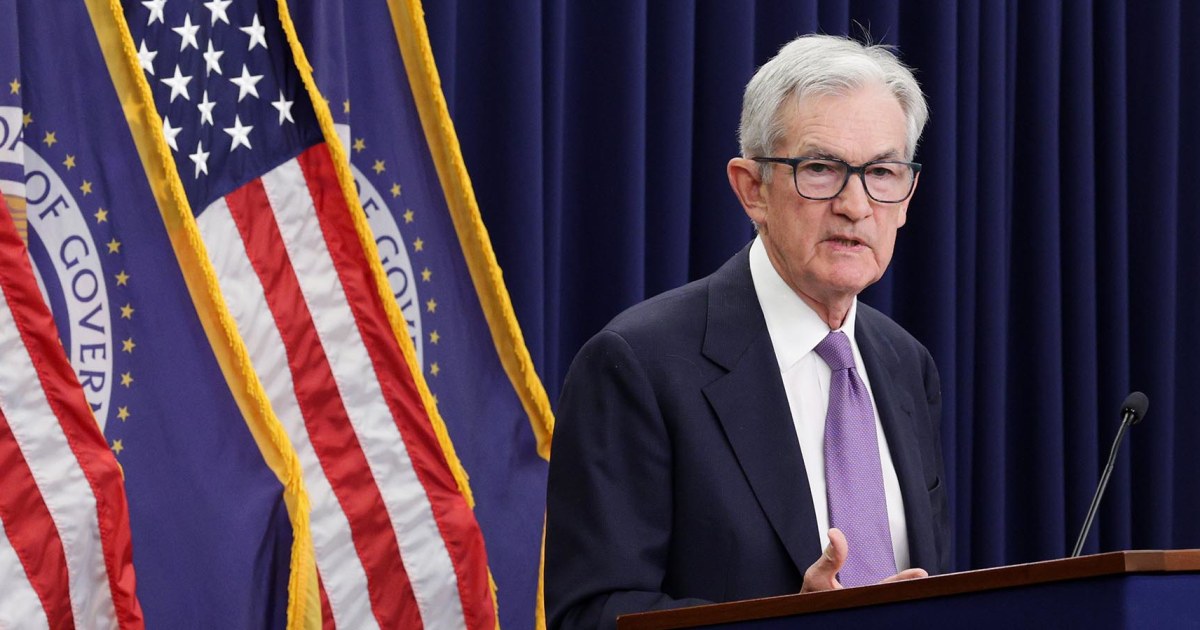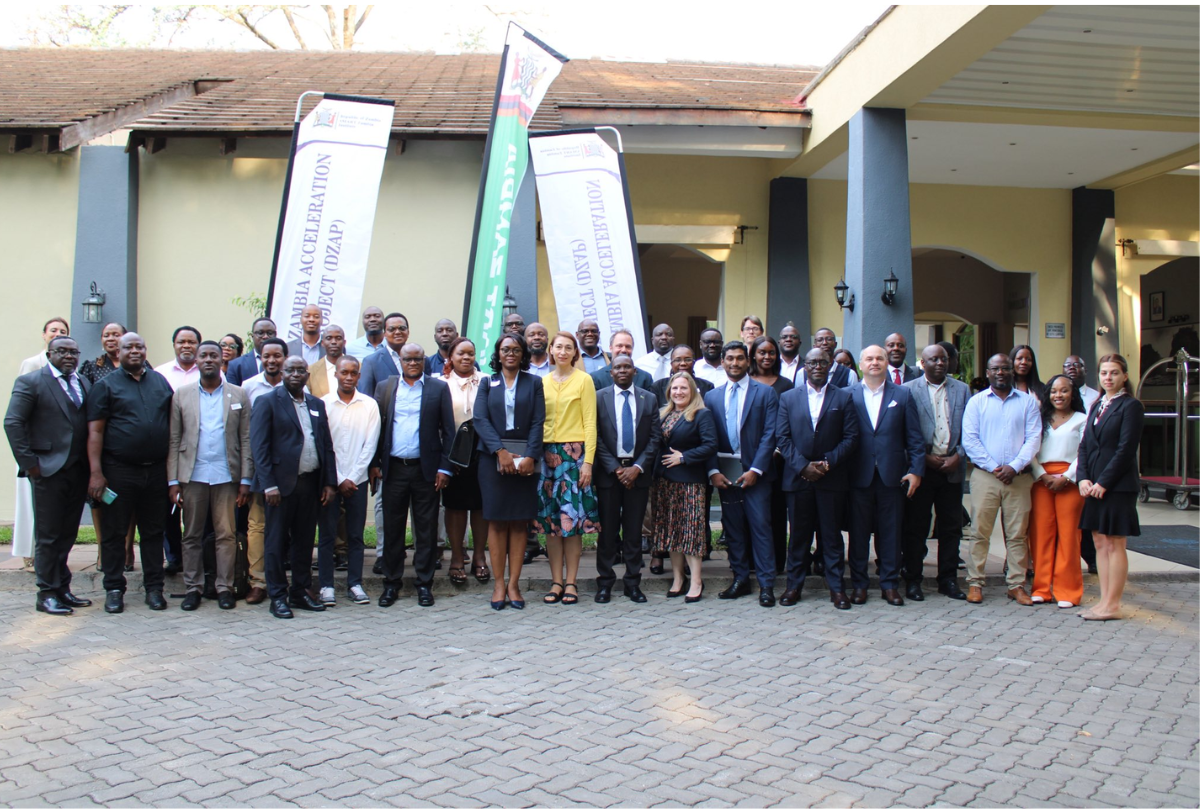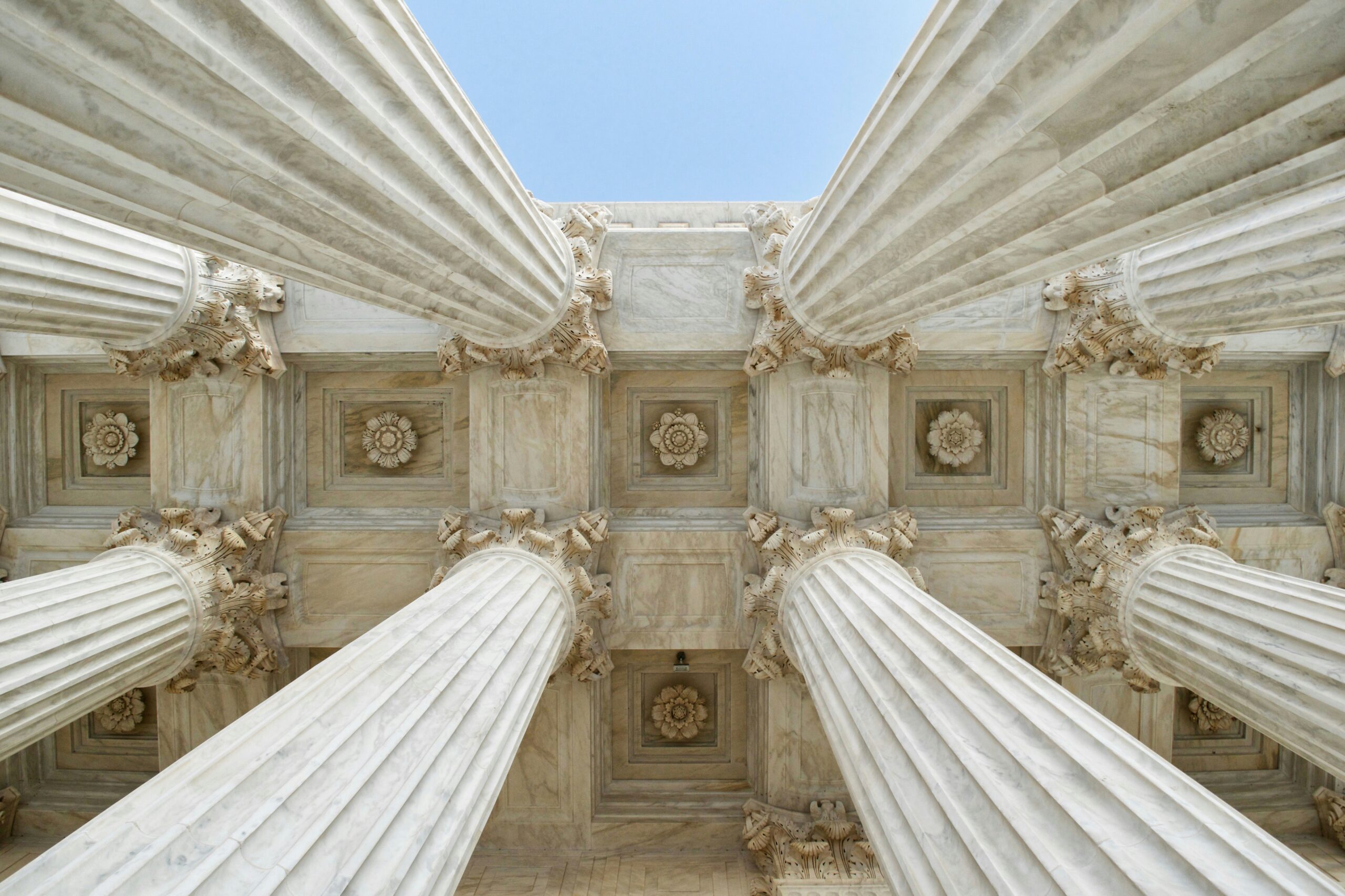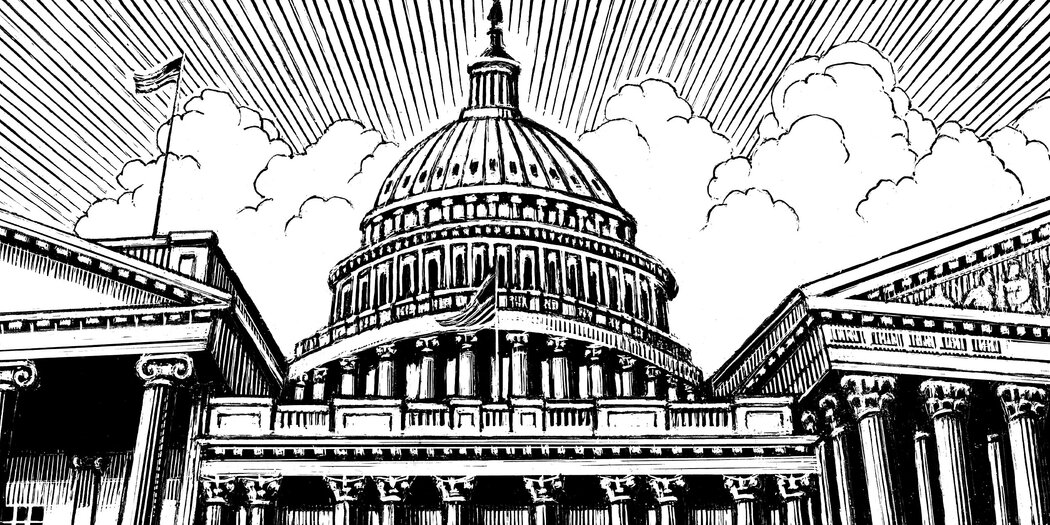U.S. Highlighted on International Human Rights Watchlist for ‘Sustained Attacks on Civil Freedoms’ Under Trump – Time Magazine

Report on Civic Space in the United States and Implications for Sustainable Development Goals
Introduction: CIVICUS Watchlist Placement and SDG Alignment
The global civil society alliance CIVICUS has placed the United States on its Monitor Watchlist, citing a decline in civic freedoms that directly challenges the principles of the 2030 Agenda for Sustainable Development. The U.S. has been assigned a “narrowed” rating, indicating that while fundamental freedoms are constitutionally protected, significant violations are occurring. These developments present substantial obstacles to achieving several Sustainable Development Goals (SDGs), most notably SDG 16, which aims to promote peaceful, just, and inclusive societies.
Analysis of Violations in Relation to SDG 16: Peace, Justice and Strong Institutions
The concerns raised by CIVICUS highlight a regression in the United States’ commitment to key targets within SDG 16. The report details actions that undermine the development of effective, accountable, and inclusive institutions.
-
Erosion of Fundamental Freedoms and Public Access to Information (SDG Target 16.10)
- Targeting of Journalists: The arbitrary arrest and detainment of journalists, such as the case of Mario Guevara, while covering protests, constitutes a direct violation of the right to freedom of the press.
- Defunding Public Media: The rescission of funding for public media outlets, including PBS and NPR, curtails public access to information, a cornerstone of transparent governance.
- Legal Actions Against Media: Multiple lawsuits have been initiated against news organizations, including CBS, the Wall Street Journal, and the Des Moines Register, creating a chilling effect on independent reporting.
-
Suppression of Peaceful Assembly and Participatory Decision-Making (SDG Target 16.7)
- Use of Military Force: The deployment of military and National Guard personnel to manage protests, as seen in Los Angeles, is inconsistent with democratic principles and the right to peaceful dissent.
- Criminalization of Dissent: The report notes a trend of treating critics as criminals and criminalizing solidarity actions, such as the detainment of pro-Palestinian activist Mahmoud Khalil, which stifles civic participation.
-
Weakening of Accountable Institutions and the Rule of Law (SDG Targets 16.3 & 16.6)
- The use of state apparatus to quash dissent and target specific groups undermines the development of effective and accountable institutions.
- Actions against immigrants and activists challenge the commitment to ensure equal access to justice for all and promote the rule of law.
Broader Implications for the 2030 Agenda
The decline in civic space extends beyond SDG 16, impacting other critical development goals.
- SDG 10 (Reduced Inequalities): The targeting of immigrants and activists based on their advocacy for specific causes, such as Palestinian rights, contravenes Target 10.3 by failing to ensure equal opportunity and promoting discriminatory practices.
- SDG 17 (Partnerships for the Goals): The move to “defund and hobble nonprofits” directly weakens civil society, a crucial partner in implementing the 2030 Agenda, thereby undermining the multi-stakeholder partnerships called for in Target 17.17.
Conclusion: A Setback for Sustainable Development
The CIVICUS report indicates that recent actions within the United States are misaligned with the nation’s commitment to the Sustainable Development Goals. The erosion of protections for freedom of expression, peaceful assembly, and the press, coupled with the weakening of civil society and the rule of law, represents a significant setback for progress on SDG 16. These trends threaten the foundation of a just, peaceful, and inclusive society, which is essential for achieving the broader 2030 Agenda.
Analysis of Sustainable Development Goals in the Article
1. Which SDGs are addressed or connected to the issues highlighted in the article?
-
SDG 16: Peace, Justice and Strong Institutions
This goal is central to the article, which focuses on the erosion of civil liberties, the suppression of dissent, and attacks on democratic institutions in the U.S. The CIVICUS report explicitly details issues like the use of military force against protestors, the targeting of journalists and activists, and an overall assault on “fundamental freedoms and constitutional safeguards,” all of which fall under the mandate of promoting peaceful, just, and inclusive societies with accountable institutions.
2. What specific targets under those SDGs can be identified based on the article’s content?
-
Target 16.10: Ensure public access to information and protect fundamental freedoms, in accordance with national legislation and international agreements.
- The article highlights direct threats to this target through the “violent repression and arbitrary arrest of journalists,” citing the specific case of journalist Mario Guevara.
- It also points to the defunding of public media like PBS and NPR, which directly impacts public access to information.
- The suppression of peaceful protests, such as the deployment of the military against demonstrators, is a clear violation of fundamental freedoms like the right to assembly and dissent.
-
Target 16.3: Promote the rule of law at the national and international levels and ensure equal access to justice for all.
- The article describes an “assault on fundamental freedoms and constitutional safeguards” and treating “critics as criminals.” This suggests a weakening of the rule of law.
- The “arbitrary arrest” of journalists and the detainment of activists like Mahmoud Khalil for expressing solidarity with Palestinian rights illustrate a failure to ensure equal access to justice.
-
Target 16.7: Ensure responsive, inclusive, participatory and representative decision-making at all levels.
- The use of military force to “quash anti-administration protests” is a direct contradiction of responsive and participatory governance. It shows the government responding to dissent with force rather than dialogue.
- The CIVICUS report itself, representing a global network of civil society activists, signifies that a key stakeholder group feels that decision-making is not inclusive or responsive to their concerns about civil liberties.
-
Target 16.b: Promote and enforce non-discriminatory laws and policies for sustainable development.
- The article mentions the “aggressive” targeting of immigrants who advocate for Palestine and the detainment of individuals for expressing solidarity. This points to the discriminatory application of policies based on political expression and origin, which undermines this target.
3. Are there any indicators mentioned or implied in the article that can be used to measure progress towards the identified targets?
-
Indicator 16.10.1: Number of verified cases of killing, kidnapping, enforced disappearance, arbitrary detention and torture of journalists, associated media personnel, trade unionists and human rights advocates.
- The article provides specific, verifiable examples that serve as qualitative data for this indicator. These include:
- The “arbitrary arrest and detainment” of Salvadorian journalist Mario Guevara.
- The detainment of pro-Palestinian activist Mahmoud Khalil for three months.
- The general statement about the “violent repression and arbitrary arrest of journalists.”
- The article provides specific, verifiable examples that serve as qualitative data for this indicator. These include:
-
Indicator for Public Access to Information (related to Target 16.10)
- While not a formal UN indicator number, the article implies a negative trend in public access to information. This can be measured by:
- The “recissions package passed by Congress” which defunded PBS, NPR, and local stations. This is a concrete action that reduces the availability of public information sources.
- The lawsuits filed against news outlets like CBS, the Wall Street Journal, and the Des Moines Register, which can be seen as an attempt to intimidate and restrict the free press.
- While not a formal UN indicator number, the article implies a negative trend in public access to information. This can be measured by:
-
Indicator for Freedom of Assembly (related to Target 16.10)
- The article implies a restriction on the freedom of peaceful assembly, which can be measured by:
- The “deployment of 700 marines and 2,000 National Guard members in response to protests.” This use of military force against civilians is a strong indicator of the suppression of this freedom.
- The article implies a restriction on the freedom of peaceful assembly, which can be measured by:
4. Summary Table of SDGs, Targets, and Indicators
| SDGs | Targets | Indicators |
|---|---|---|
| SDG 16: Peace, Justice and Strong Institutions | 16.10: Ensure public access to information and protect fundamental freedoms. |
|
| SDG 16: Peace, Justice and Strong Institutions | 16.3: Promote the rule of law and ensure equal access to justice. |
|
| SDG 16: Peace, Justice and Strong Institutions | 16.7: Ensure responsive, inclusive, and participatory decision-making. |
|
| SDG 16: Peace, Justice and Strong Institutions | 16.b: Promote and enforce non-discriminatory laws and policies. |
|
Source: time.com

What is Your Reaction?
 Like
0
Like
0
 Dislike
0
Dislike
0
 Love
0
Love
0
 Funny
0
Funny
0
 Angry
0
Angry
0
 Sad
0
Sad
0
 Wow
0
Wow
0
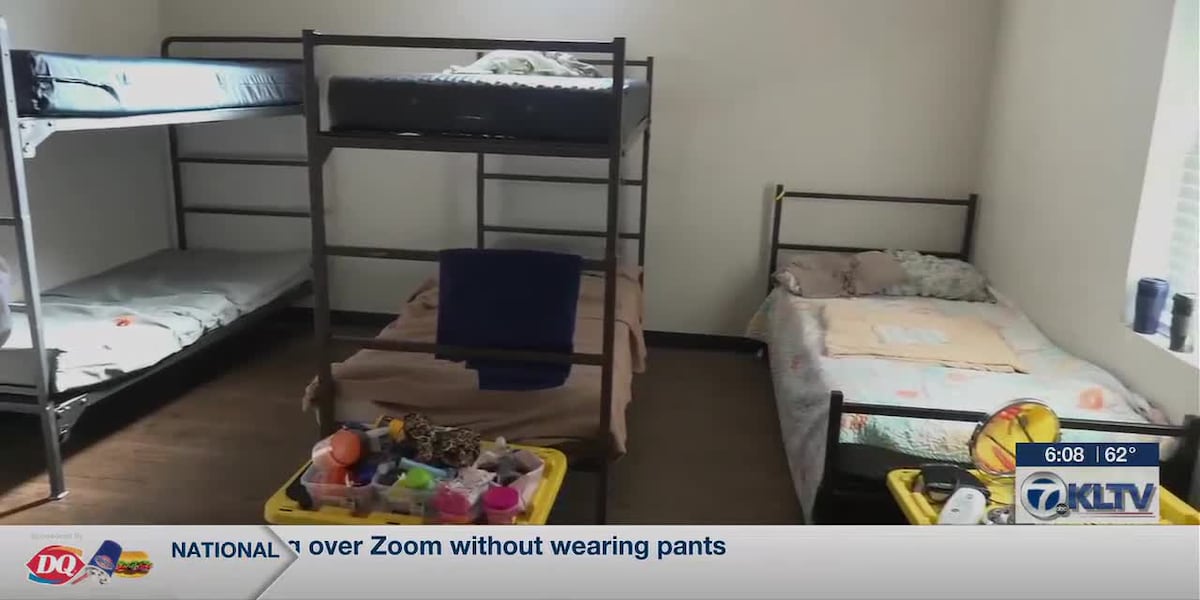
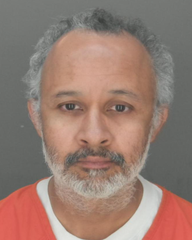






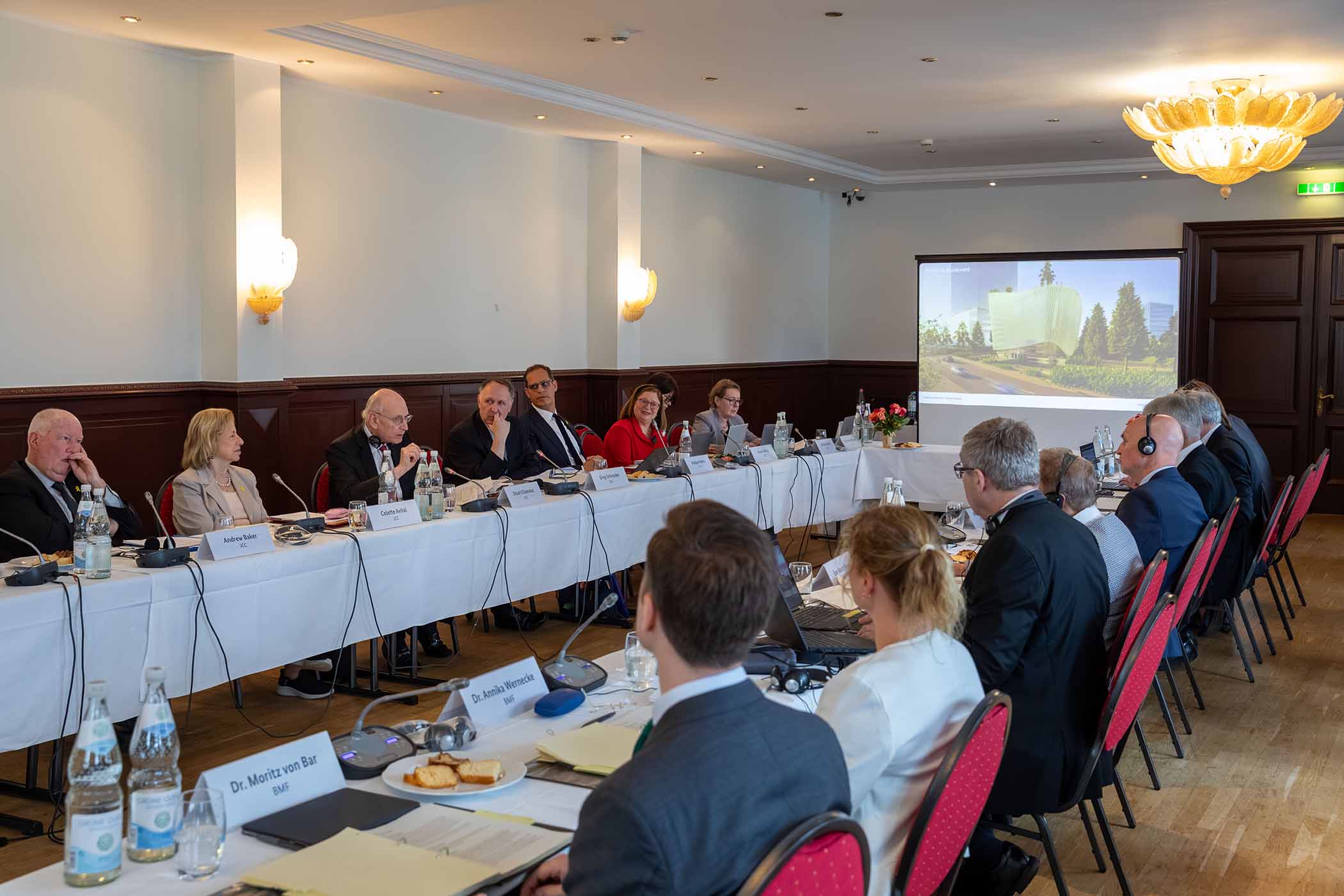
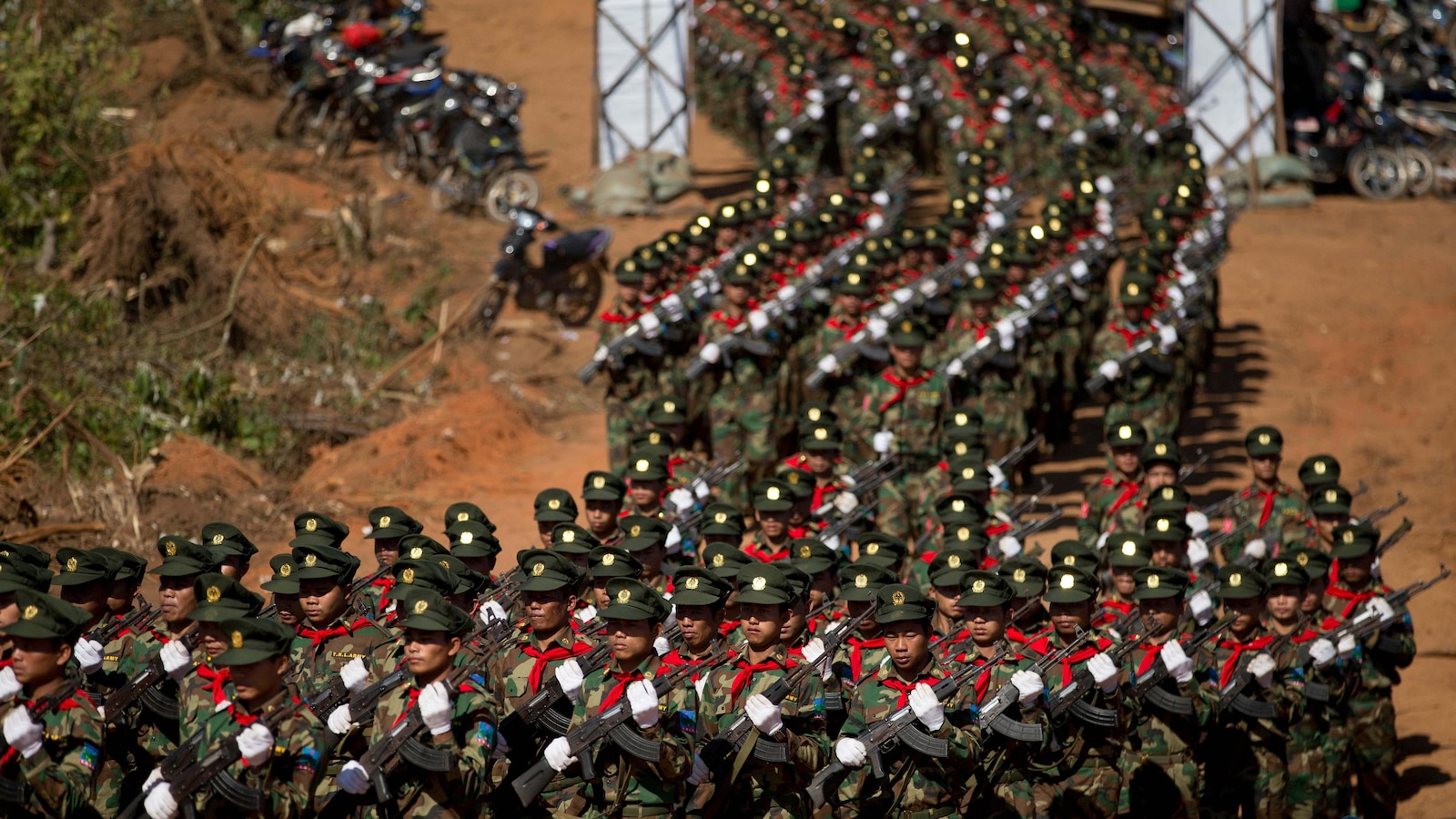

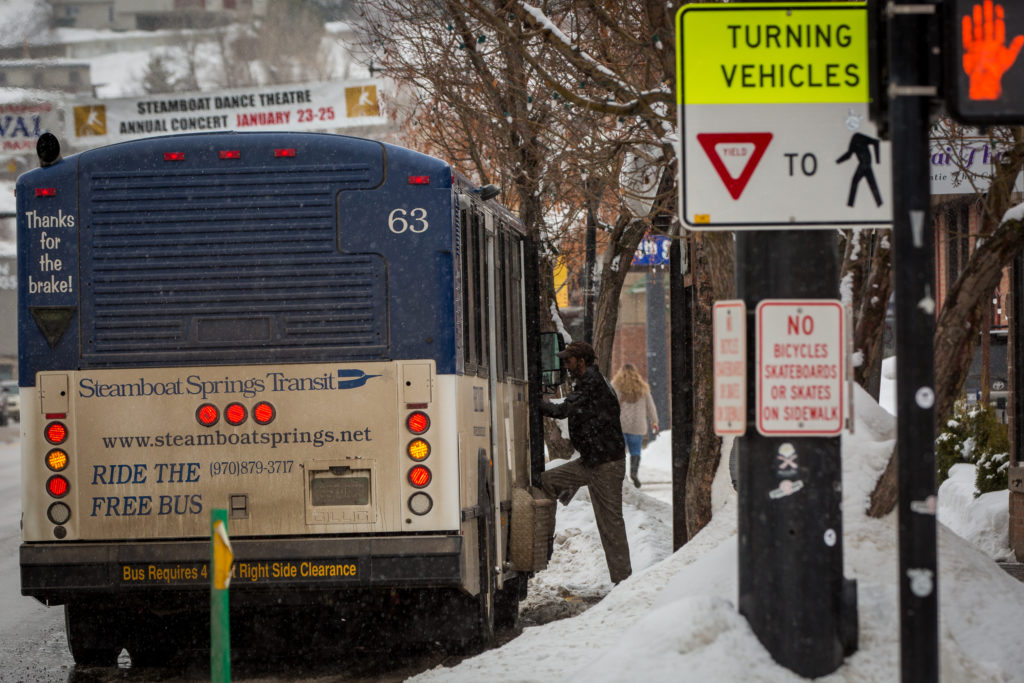


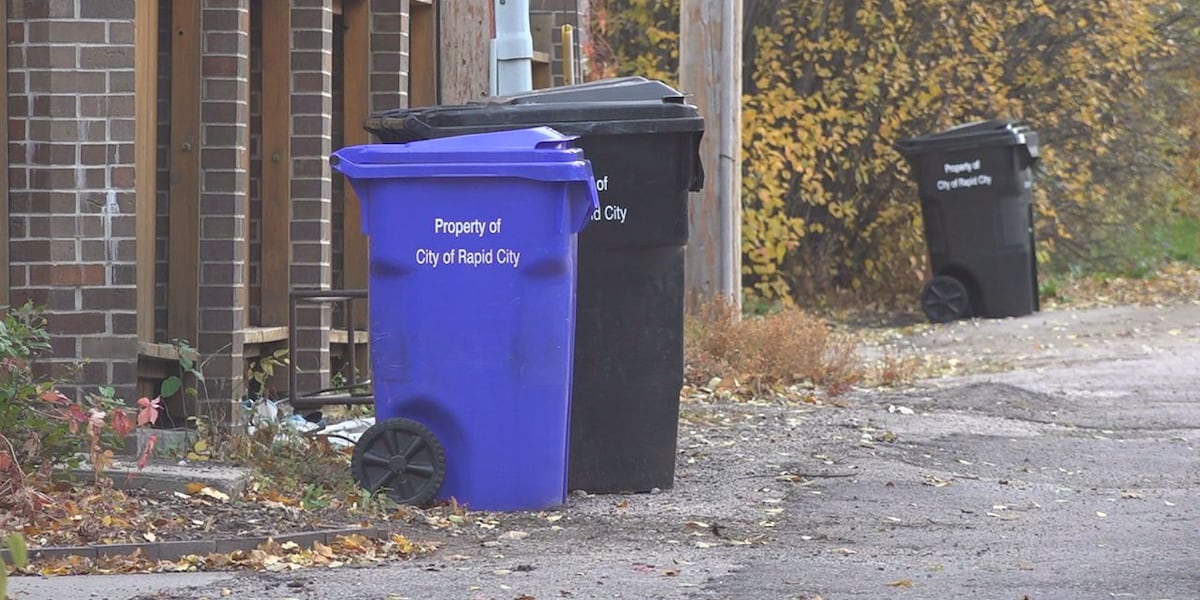


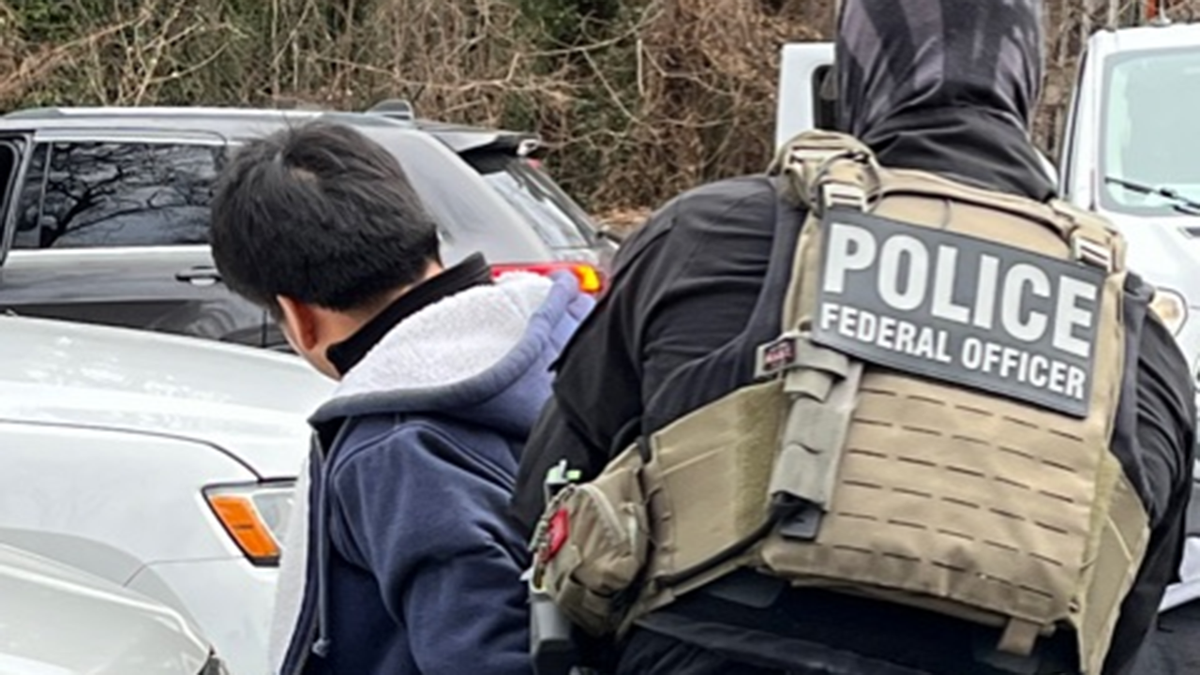






;Resize=805#)






